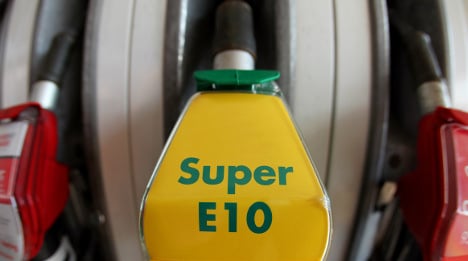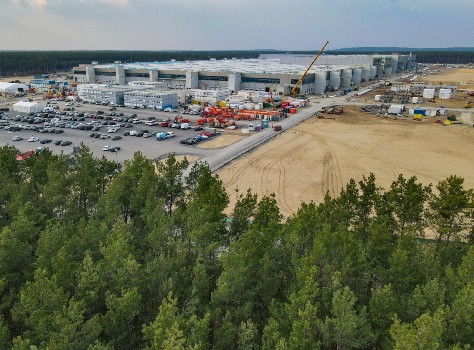The industry is asking the government to cut the tax on the biofuel mix E10, which blends ethanol with regular petrol, because of poor sales, daily Bild reported.
The fuel reduces greenhouse gas emissions slightly, but many motorists believe the fuel can damage their car engines.
“E10 has a chance if it is taxed fairly,” Klaus Picard, head of the Association of the German Petroleum Industry, told Bild.
Picard said that the lower energy output of such blends needed to be taken into account when setting the tax rate.
“In accordance with the lower energy content, the petroleum industry is calling for a cut to the energy tax for E10 of two cents,” he said.
The Auto Club Europa has also in recent days called for such a tax reduction.
E10 is considered a low-ethanol blend, with the biofuel making up only 10 percent of the fuel by volume, with the other 90 percent regular petrol.
Government standards oblige the petroleum industry to make 6.25 percent of its total fuel sales biofuels in 2011.
The issue of whether the fuel can damage engines is hotly debated. Many experts say E10 and lower ratios pose no harm to most engines. But about one in 10 cars may be unable to tolerate the new fuel.
The price of the fuel blend is already falling. The motoring club ADAC has reported that the biofuel now costs €1.515 per litre, which is 1.3 cents less than it cost last week.
The Local/djw



 Please whitelist us to continue reading.
Please whitelist us to continue reading.
Member comments